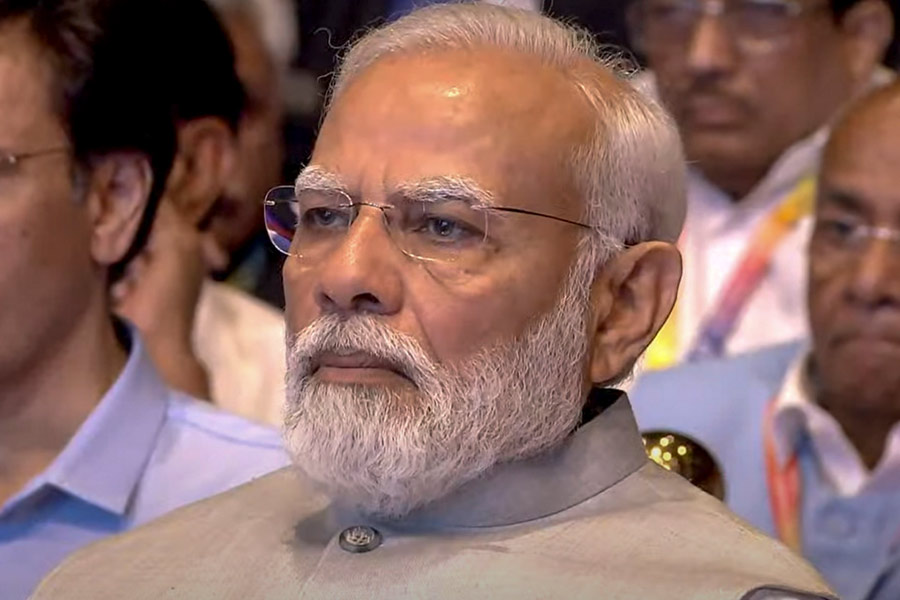Indian scholars had a pioneering role in making statistics a significant tool of public policy. At one point of time, India led the world in statistical applications in the realm of governance. Despite being a poor economy with a large informal sector where numerical records were largely absent, the quality of India’s official data was considered to be high. That international recognition has all but disappeared in the last nine years or so. A National Statistics Commission was set up in 2006 with the mandate to improve efficiency in the generation and analysis of data. Seventeen years later, the Commission does not have the legislative backing it needs to accord it appropriate legitimacy. Not only that, the Narendra Modi government’s indifference towards publishing data even on regular information like that on unemployment led to two members of the NSC resigning; about 100 reputed scholars also released a statement decrying the deterioration in the quality of Indian official statistics. In keeping with its obduracy, the Centre has now postponed the commencement of the work on the census. Initially, the postponement was attributed to the pandemic, which could prevent data collectors from moving about freely. The pandemic cannot be considered a constraint now. With the general elections due in 2024, it does not appear that work on the census will begin in a hurry. It will be the first time since the first census was conducted in 1881 that the decennial exercise has been deferred.
The trend in the decline of data quality cannot be ascribed to mere negligence on the part of the government. The claim of Mr Modi’s regime that India’s development is moving on a fast track might be belied by hard data. Perhaps the access to economic development is not inclusive either. Critics have also pointed out that the information, if it were to be collected, about different social groups and communities might not be in consonance with the official narratives. The most pronounced impact of this refusal to reveal data is on policy decisions. Branches of government rely on official data to fine-tune policies. Even private investment decisions, which are based on official macroeconomic data, could be subject to errors. In trying to keep the narrative of governance as vibrant and as positive as possible, Mr Modi’s government is actually worsening the ground reality. While it might appear smart in the short run, it might turn out to be sheer folly in the long run.











